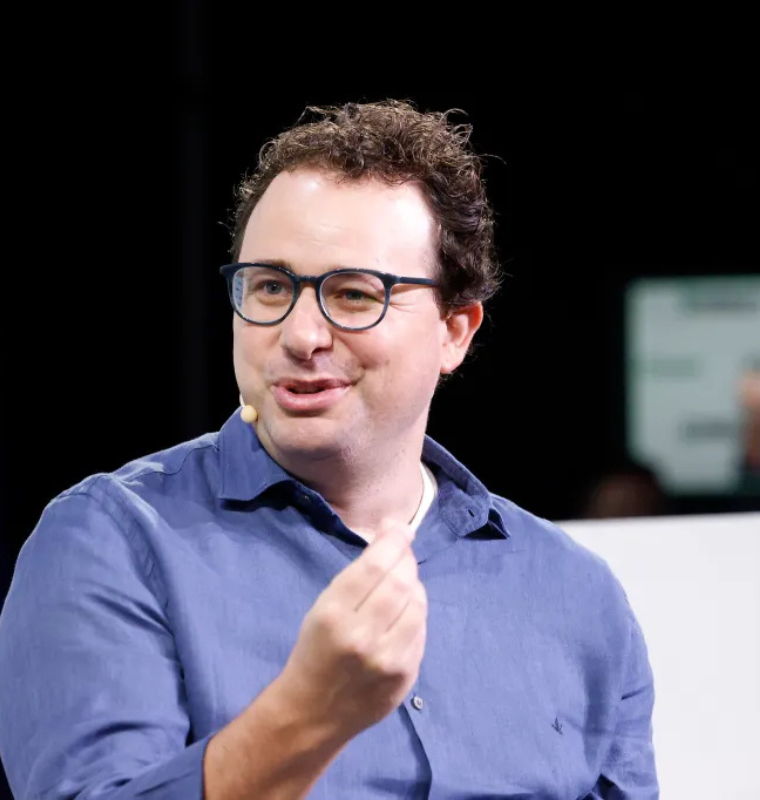U.S. Envoy Says Russia Signaled Willingness to Grant NATO-Style Security Guarantees to Ukraine
U.S. Envoy Says Russia Signaled Willingness to Grant NATO-Style Security Guarantees to Ukraine
By
Junia Wells
Last updated:
August 18, 2025
First Published:
August 18, 2025

Photo: The Hindu BusinessLine
A surprising development emerged from recent high-level talks between former U.S. President Donald Trump and Russian President Vladimir Putin, with U.S. special envoy Steve Witkoff revealing that Moscow has, for the first time, signaled openness to security guarantees for Ukraine resembling NATO’s Article 5.
Witkoff said on Sunday that Russia agreed in principle that the United States and its allies could extend “Article 5-like protection” to Ukraine, a security arrangement at the heart of Kyiv’s long-standing aspiration to join NATO. “It was the first time we had ever heard the Russians agree to that,” he said, calling it a breakthrough moment in otherwise tense negotiations.
What the Security Guarantee Means
NATO’s Article 5, considered the backbone of the alliance, states that an attack on one member is considered an attack on all, obligating collective defense. For Ukraine, which has been under relentless Russian assault since February 2022, such a guarantee would dramatically reshape its security outlook.
European Commission President Ursula von der Leyen welcomed the possibility of such guarantees, saying the EU was prepared to “do its share” in supporting Ukraine’s defense. Ukrainian President Volodymyr Zelenskyy called the development “a historic decision,” stressing that guarantees must cover land, air, and sea defense with direct European involvement.
Trump-Putin Talks and Next Steps
The concession surfaced after Trump’s meeting with Putin in Alaska on Friday, a session described by U.S. officials as “productive” but which stopped short of delivering a ceasefire. Trump has repeatedly emphasized that the most urgent path forward is a “direct peace agreement,” though the contours of such a deal remain uncertain.
According to Witkoff, Trump and Putin “covered almost all the other issues necessary for a peace deal” during their discussions, suggesting incremental progress toward common ground. Secretary of State Marco Rubio, however, warned that a final agreement was still distant, noting, “We’re not at the precipice of a peace agreement, we’re not at the edge of one, but progress was made.”
Kyiv’s Firm Stance on Sovereignty
Despite the potential breakthrough, Ukraine remains adamant about safeguarding its sovereignty. Zelenskyy has flatly rejected any settlement that would legitimize Russia’s annexation of Crimea or its control over eastern regions such as Donetsk and Luhansk. “Everyone agrees that borders must not be changed by force,” Zelenskyy wrote, reiterating Kyiv’s constitutional obligation to protect its territory.
Reports following the Alaska summit suggested Trump floated the idea of Ukraine giving up the Donbas region in exchange for peace, but Kyiv has consistently refused such terms. Ukrainian officials argue that any compromise on sovereignty would only invite further aggression.
Obstacles to a Final Agreement
While Moscow’s openness to U.S. and European-backed security guarantees represents a major shift, other sticking points remain unresolved. Russia continues to insist on Ukraine’s demilitarization and permanent exclusion from NATO, while Kyiv demands cast-iron guarantees that Russia will never invade again.
Rubio added that negotiations must also cover Ukraine’s long-term reconstruction. With damages exceeding $500 billion after more than three years of war, rebuilding infrastructure, housing, and industry will be central to any sustainable peace plan.
What’s at Stake
If the Kremlin truly accepts Article 5-like protections for Ukraine, it would mark a significant reversal of one of Putin’s original justifications for war—blocking NATO’s eastward expansion. For Ukraine, such guarantees could serve as a substitute for full NATO membership while still binding Western powers to its defense.
The upcoming Washington summit between Trump, Zelenskyy, and European leaders will test whether these tentative concessions can form the basis of a concrete agreement. For now, optimism is tempered with caution as both sides grapple with core disagreements that continue to define the war.
Popular articles
Subscribe to unlock premium content
Global Cultures and the Hidden Drivers of Productivity and Happiness

The Future of Personalized Medicine

Digital Nomads and the New Global Economy

Global Cultures and the Hidden Drivers of Productivity and Happiness

The Future of Personalized Medicine

Global Cultures and the Hidden Drivers of Productivity and Happiness









